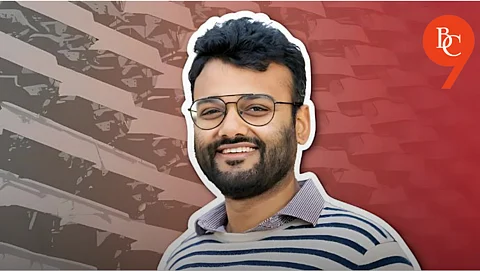

Indian-origin professor Eshan Chattopadhyay has been awarded the coveted 2025 Gödel Prize for his seminal 2016 paper, "Explicit Two-Source Extractors and Resilient Functions." The honor, regarded as one of the highest accolades in theoretical computer science, celebrates Chattopadhyay’s groundbreaking contributions to the fundamental understanding of randomness extraction—a core challenge in the field.
The Gödel Prize, named after the legendary logician Kurt Gödel, is awarded annually to outstanding papers in the area of theoretical computer science. Chattopadhyay’s winning work, originally published in 2016, tackled the long-standing problem of constructing explicit two-source extractors—a feat that had eluded researchers for decades.
Randomness extractors are mathematical tools that transform weak or imperfect sources of randomness into nearly perfect, uniform random bits. These extractors are vital for cryptography, algorithms, and secure communications, where true randomness is a rare and valuable resource. The challenge of building explicit two-source extractors—extractors that work with just two independent, weakly random sources—had been considered one of the most formidable open problems in complexity theory.
Chattopadhyay’s paper, co-authored with David Zuckerman, introduced novel techniques that led to the first explicit construction of two-source extractors for sources with minimal entropy. Their work not only resolved a central question in the field but also opened new avenues for research in pseudorandomness, coding theory, and the design of resilient functions.
The paper’s impact has been profound, influencing subsequent research and applications in both theoretical and practical domains. By demonstrating that high-quality randomness can be extracted from weak sources, Chattopadhyay’s work has strengthened the foundations of cryptographic protocols and enhanced the reliability of randomized algorithms.
The 2025 Gödel Prize jury praised Chattopadhyay’s contribution as “a tour de force in explicit constructions” and highlighted its far-reaching implications for computer science and mathematics. The award brings global recognition not only to Chattopadhyay but also to the vibrant community of Indian-origin researchers making waves on the international stage.
Chattopadhyay, currently a professor at a leading university, expressed his gratitude for the honor. “It is humbling to be recognized alongside so many giants of the field. This achievement is a testament to the power of collaboration and the enduring spirit of curiosity that drives theoretical research,” he said.
Chattopadhyay’s success story is already inspiring students and young researchers, especially those of Indian origin, to pursue careers in mathematics and computer science. His journey from early education in India to global academic acclaim underscores the importance of nurturing talent and investing in fundamental research.
